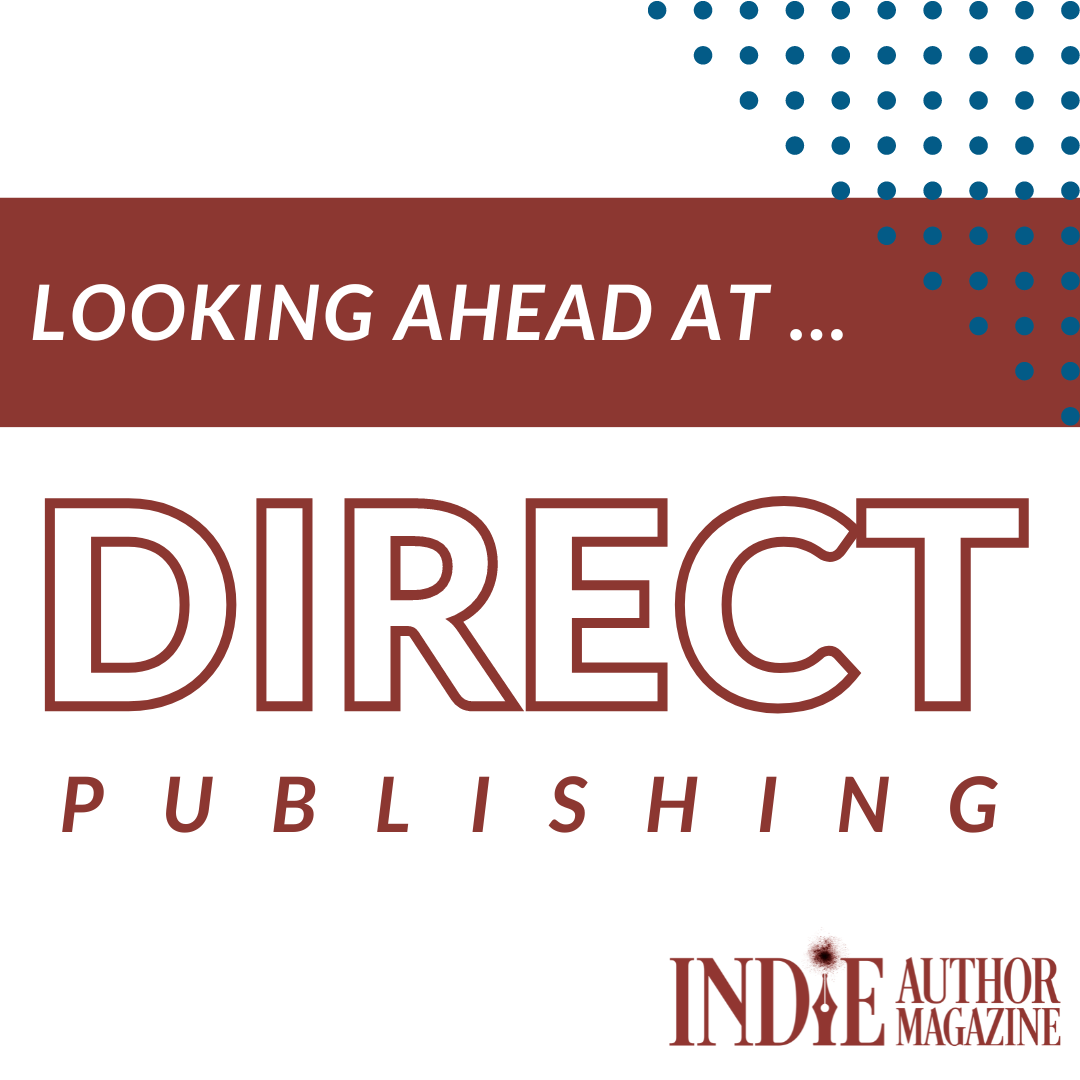When Fantasy author Brandon Sanderson smashed Kickstarter records in March 2022—earning more than $41 million over the course of his campaign, almost half of that in the first seventy-two hours—he sparked a shift in the indie author world.
Sanderson was not the first to discover the potential for crowdfunding as part of an author’s launch strategy. But beyond opening the wider public’s eyes to the support that exists behind independent publishing endeavors, his campaign also shined a spotlight for indie authors on the possible benefits of selling directly to readers.
“Direct publishing gets back to the core of indie publishing: taking the fate of you and your story babies into your own hands,” writes author Paddy Finn. Selling directly to readers requires authors maintain their own sales channels, on their websites, through crowdfunding campaigns, or at events. Often, those who host their own sales channels also have books available through distributors like Amazon, Barnes & Noble, and the like. But these direct outlets offer authors a faster, more intimate way to approach readers and connect with those buying their books. Because they control the sales, authors also have access to more detailed sales data. And direct sales typically result in greater profits—in a March 2023 example from Written Word Media, a direct sale of a three hundred-page, 5 × 8 inch paperback would earn the author 49 percent more than a sale on Amazon of the same title for the same price.
Selling direct isn’t without its challenges—as Finn writes, “It requires an investment of time and/or money” on the part of the author. But the freedom and flexibility it can offer individual creators, writes author Oriana Leckert, is one many will likely consider worth the cost in years to come.
“I think we’re in a thrilling moment of creative autonomy, where authors and content creators of all kinds are seizing control of every aspect of their work, from writing what they want, to building the audience they want, to producing, marketing, and distributing books in precisely the ways they want to do so,” she writes. “Authors have more avenues than ever to bring their books into the world, which I believe can only enhance the quality, quantity, and variety of creative work all across the industry.”
Finn agrees. “Direct sales is a natural evolution in the industry lifecycle,” he writes, “especially an industry built on a foundation of people who stuck it to the man. For many, direct sales is still an unknown, but that's what makes it so beautiful! It's like tapping into another gold vein very few have discovered … [and] those who brave the risks and stick with the process will reap the rewards of another indie publishing gold rush.”
Direct sales definitely favor authors with large, cohesive backlists. It takes quite a bit of work to learn and address the tech and taxes that come with selling through Shopify, WooCommerce, or the like—and for many authors it simply won’t be worth the time and monetary investment.

Melissa Storm
I do think we're going to see maybe the decline of the one mega bookstore and the rise of tens of thousands and hundreds of thousands of many bookstores, for lack of better words, aka own author platforms. I think that … the interesting part of that equation is not just a higher percentage of revenue, but oftentimes you're able to monetize in different ways that leads to a literal increase in the customer lifetime value.

Michael Evans
I believe we are on the cusp of a sea change surrounding how digital assets are distributed and sold to customers. I don't have a (functional, yet) crystal ball, but I would wager that in five years, the traditional retailers will be far less important to book sales. In ten years, they may be largely irrelevant as direct sales systems mature and book advertising improves.

Malorie Cooper
Direct or direct-to-consumer [sales] is here to stay and will become a preferred choice more and more in the industry. It will also help a lot of authors mature in the realm of business or strengthen their perspective on business. Having more control, more return while also performing well in all the previous retailers is ideal. I believe it’s here to stay and many who commit to figuring it out will see the benefits of it more and more.
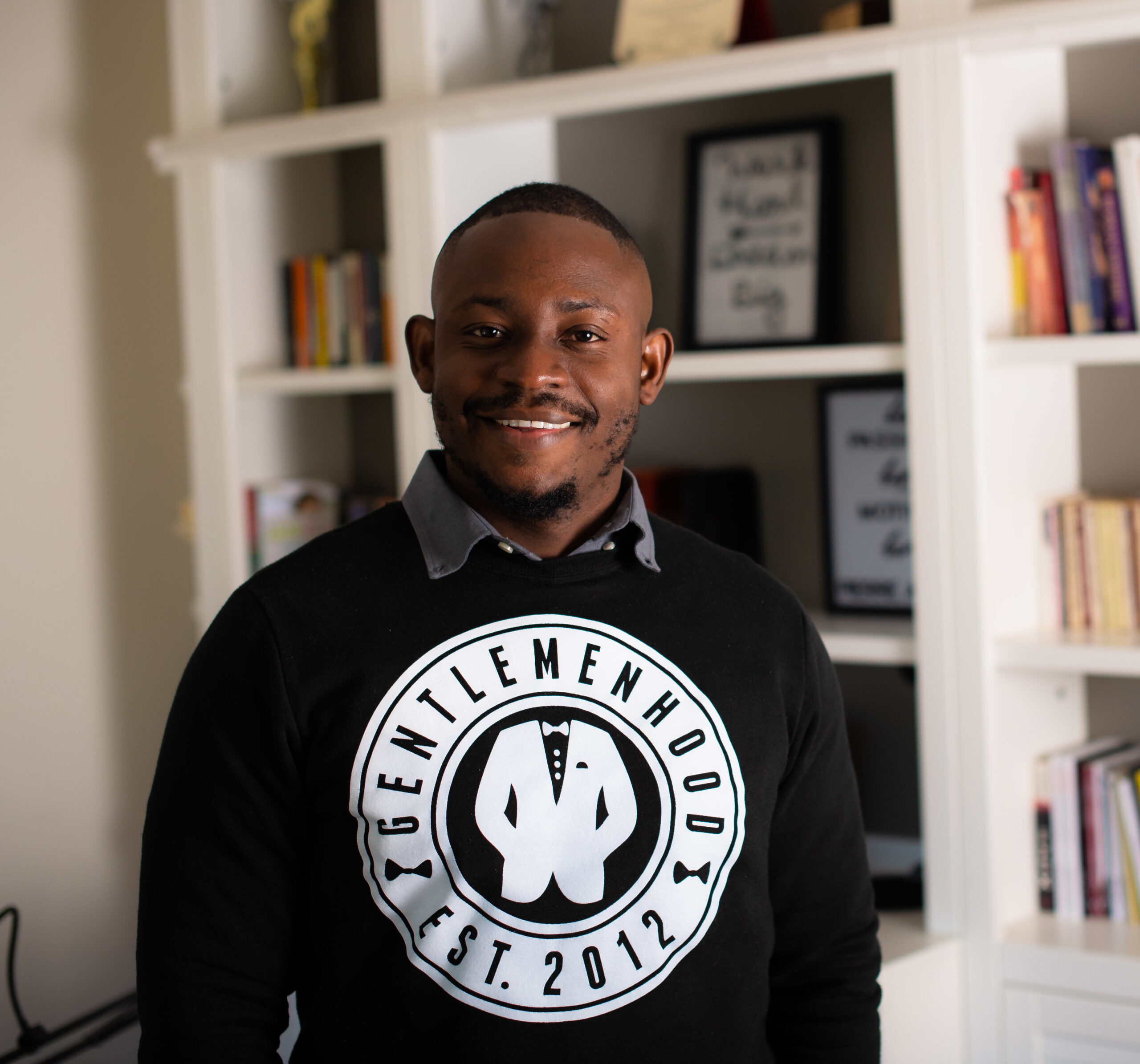
Pierre Jeanty
Publishing direct will mean more money in the hands of authors, instead of larger corporations. It'll mean a deeper connection with readers, one where the wants and needs of readers can be better met by an author who is receptive to a changing market.

S. J. Pajonas
Speaking as BookFunnel, direct sales for authors is growing like crazy. What we've seen is that most readers love their favorite authors a lot more than they love their publisher or platform. Whether it's via Kickstarter, Patreon, or their own store, more authors are trying out selling direct to readers. And, with every reader who buys direct from an author, the whole pie grows for all indie authors. It may take time to change reader behaviors, but it's already accelerating because of how many authors are jumping into the direct sales waters.

Damon Courtney
[Consider] patronage. Artists used to get patronaged by the people who wanted their art. And with writers, there was always someone in the middle. There was always a publisher in the middle. And now there doesn't have to be. So I think, when these artists and creatives realize they can have a direct impact on their reader and they don't necessarily need the middleman, they will embrace direct. I don't think that they're going to want to do it themselves. So I think that there's going to be a community in the industry for folks who can help be that agent, if it were, but not necessarily a publisher.

Ines Johnson
Authors will become even more used to being in complete control of their product, and their marketing savvy will increase. They'll plan to write books that are super easy to market as opposed to writing books, then figuring out how to market the books they've written. They'll care less about metrics like Amazon sales rank and more about the overall health of their catalog. I think indie publishing companies will start to look a lot different too. The ones that nail direct sales will be a lot more attractive to authors still wanting publishing contracts. So I predict several more indie publishing companies will be started by authors who have cracked the code of direct sales.
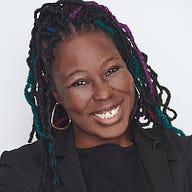
Theodora Taylor
"Wide" distribution is really a misnomer meant to convey non-exclusivity to the dominant retailer. In reality, "wide" authors sell to just three to five relevant customers, or retailers, rather than just one. Both situations are quite risky and leave authors with relatively little control over their career growth. Authors also have very little knowledge of who their customers actually are because that information isn't shared by retailers. As more authors learn how to sell directly to their readers, bypassing the retailers altogether, Amazon exclusivity may become less popular. ... "Wide" just means wholesaling to more than one distributor. I think many authors have experienced the serious drawbacks associated with purely wholesale channels.

Steve Pieper
Direct sales will be an extra incentive to be non-exclusive, but I am skeptical it will change the industry a great deal. The majority of readers will continue to want to purchase and discover books on their preferred platforms that they are comfortable with. The real opportunity for authors is that ability to have a closer relationship with their most loyal fans. What we've seen play out in other creator communities, such as video streaming and music, will continue to grow in the book world. Savvy authors and publishers will offer special editions of their books, merchandise, and more, and their fans will love it.

Dan Wood
Everything is "with" rather than "instead of." So new technologies and new opportunities open up, it doesn't necessarily remove the other opportunities. It just adds to them. So selling direct is going to add to it.

Mark Leslie Lefebvre
Direct publishing will be critical to the future of any writer going forward.

Dean Wesley Smith
We started selling direct from our site, and paperbacks, but with the emphasis on paperbacks. And now from our website alone on paperbacks, we sell hundreds of books a month.

Jonathan Yanez
Direct publishing gets back to the core of indie publishing: taking the fate of you and your story babies into your own hands. Indie publishing began with a handful of authors who refused to let gatekeepers tell them what they could or couldn't do. In bravely exploring uncharted territory, those early indie authors discovered a horde of insatiable readers salivating for more books. And they delivered what that audience wanted, paving the frontier for those of us who followed. And as any author worth their salt knows, "The End" is just another way of saying "Next." Direct sales is a natural evolution in the industry life cycle.
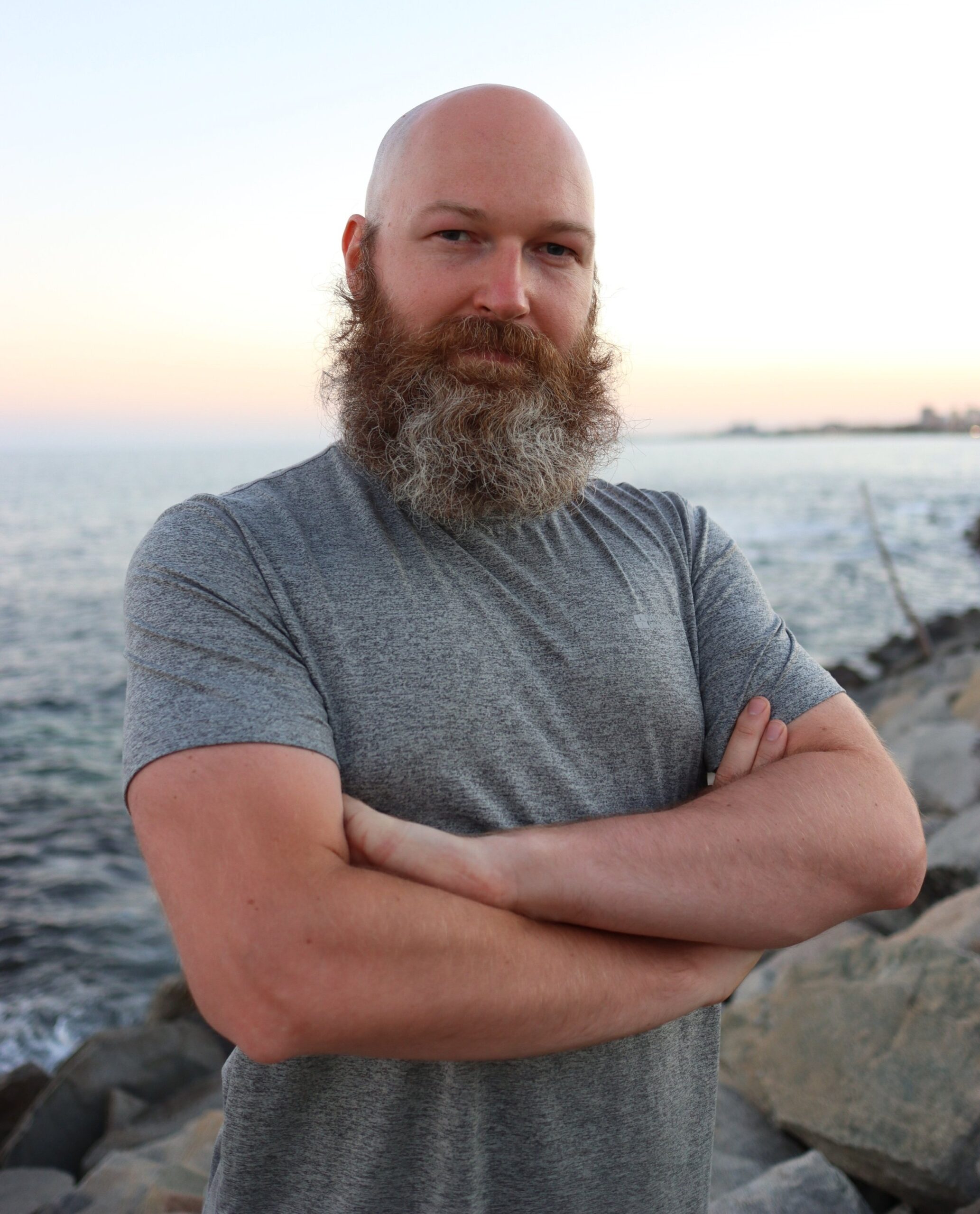
Paddy Finn
I believe direct sales will continue to empower authors to think outside the box, build communities of readers, and expand their income streams. In return, I think this will inspire retailers to introduce more tools to help match the right readers with new authors. I also think we'll see a lot more author collaborations and niche communities that will help readers find the books and authors they're looking for, bypassing the retailers completely. It will be fun to see how it plays out.
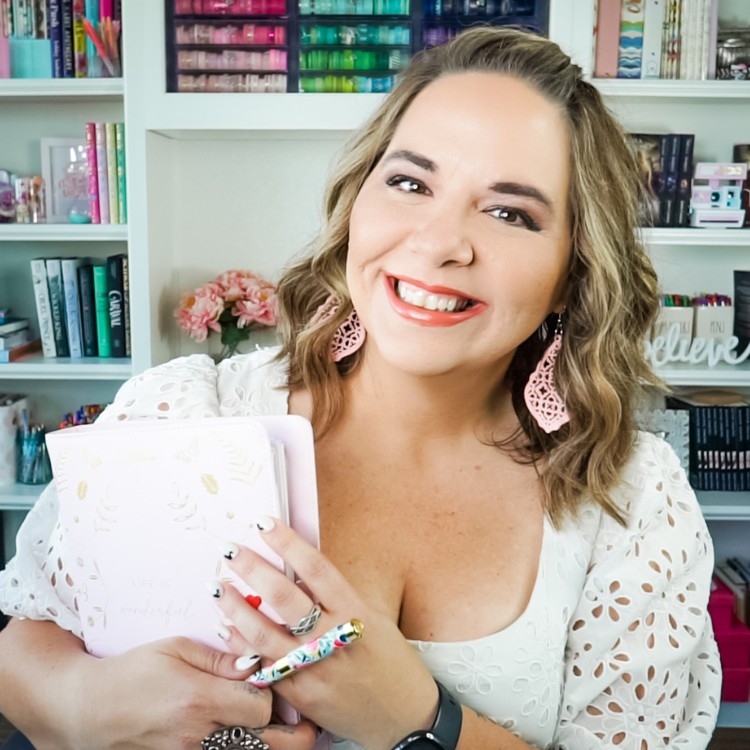
Sarra Cannon
People who are very motivated to run their own businesses will especially love the control of direct. But I think a lot of people who are not built to run a big business (with a lot of moving parts) are going to get really overwhelmed and struggle. And I think some people will end up flaming out completely in trying to do all the things ... which direct sales is ripe for.
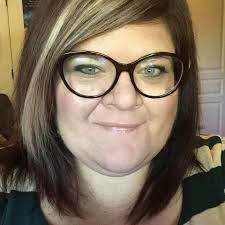
Becca Syme
While I haven’t personally delved into direct sales yet, I think this trend could dramatically shift the industry. When we as authors are no longer reliant on any single retailer to make a living, it opens up the door for creativity—both in the stories we tell and the way we run our businesses. We’re no longer at the point where there’s only “one true way” to make a good living in this industry, and direct sales will offer even more opportunities for us.

Ember Casey
I love seeing more authors move to direct sales! Whether it's putting up a Google Form and taking PayPal payments, setting up a Shopify-type store, or planning to launch a new title on Kickstarter (or all of the above), I think the move away from relying solely on the retailer platforms is a good one. And it will definitely have a ripple effect on the larger publishing ecosystem. While the well-beaten path (put your e-book on Amazon, you're done) is still viable for many authors, I think the opportunity to niche

